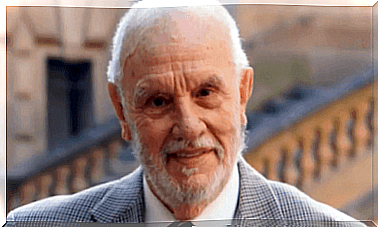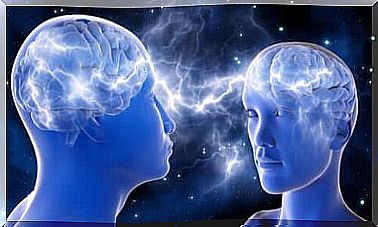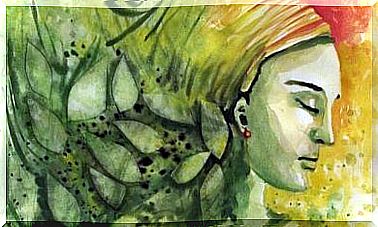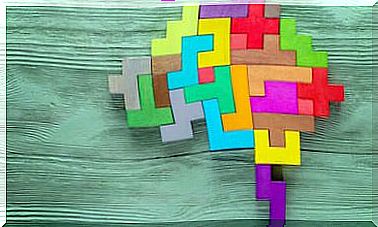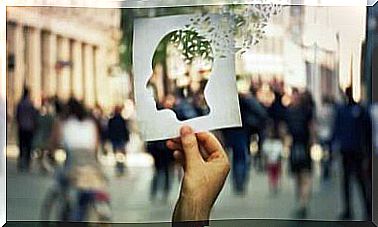Each Bereavement Is A Proof Of Our Maturity

We usually hear about grief as the time it takes to get over the loss of a loved one. The most common is to see it from this point of view, but we are aware that we experience daily grief, which is perhaps less striking, but more frequent. In this way, we grow and mature as we face different losses and integrate the feelings they give rise to in our personal history.
We’re talking about another type of grief here, and it’s the grief we experience when a romantic relationship ends. The process two people go through when they end their relationship after a while. During this process, during which we may be made to feel diminished, fragile and unable to continue, similarities exist with other grievings, as can the death of a loved one.
Phases of relational grief
It is obvious that each person experiences relational grief in their own way, in a certain way, and that it is not experienced equally, when it is one of the two who makes the decision, when it is. a mutual decision or when it was caused by a betrayal. But generally we can talk about different phases that we go through with more or less intensity:
- When this breakup occurs, our emotions first produce a protective shield against pain, and there is no better way to do this than by denying what has happened. When you don’t accept what has happened and when you think something is wrong. This way of locking yourself in your bubble does not allow you to perceive reality objectively.
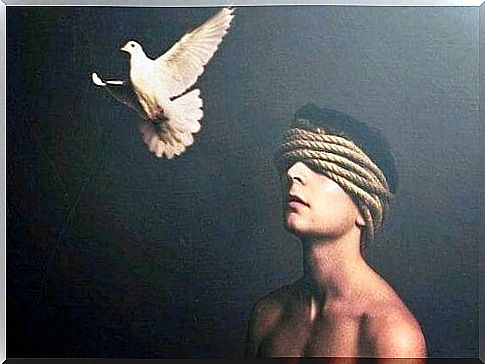
- As we begin to realize what has happened, the shield gives way to battle, an internal, all-your own battle of anger and nervousness. What did not work before starts to become inexplicable and as a result come questions such as: “What did I do wrong?”, “How could he do this to me?”, “ Maybe I was wrong in my choice ”, etc.
- At that point, you start to assimilate your reasoning and regret the idealized being, more than the couple, and then comes the realistic sadness associated with the breakup. The internal battle has ended, there is nothing left to fight against. The feeling of emotional pain will be stronger than at any phase, but it will be just to move on to the next phase.

- After the sadness, life begins to take on a natural meaning. The other person exists and you are aware of it, but that is not why you are suffering from it. It is an objective truth that you know to be immutable and which is not a problem. You start to remember people who love you because during this moment they let you know more than you expected. You become aware of the situation, this is surely the best and you are ready for the last phase.
- This is when the best, the most practical comes. This is the moment when you look behind yourself and you only learn from it. An accumulation of situations that you have experienced together that have made you a better person, with new qualities. You are suddenly aware that what has happened is not destructive, that you are a wiser person, and that you only want good things for the other, because it is not a -e enemy, but it was a companion for part of the journey of your life.

Learning is the end goal of grieving
In the end, it remains nothing more or less than a path during which we must learn and live what we have to live, even if it is hard, in the best possible way. Everything has two sides, and one of them is good, at a minimum. In this excerpt from the free Men Without Women , Murakami perfectly describes the last phase of this mourning:
